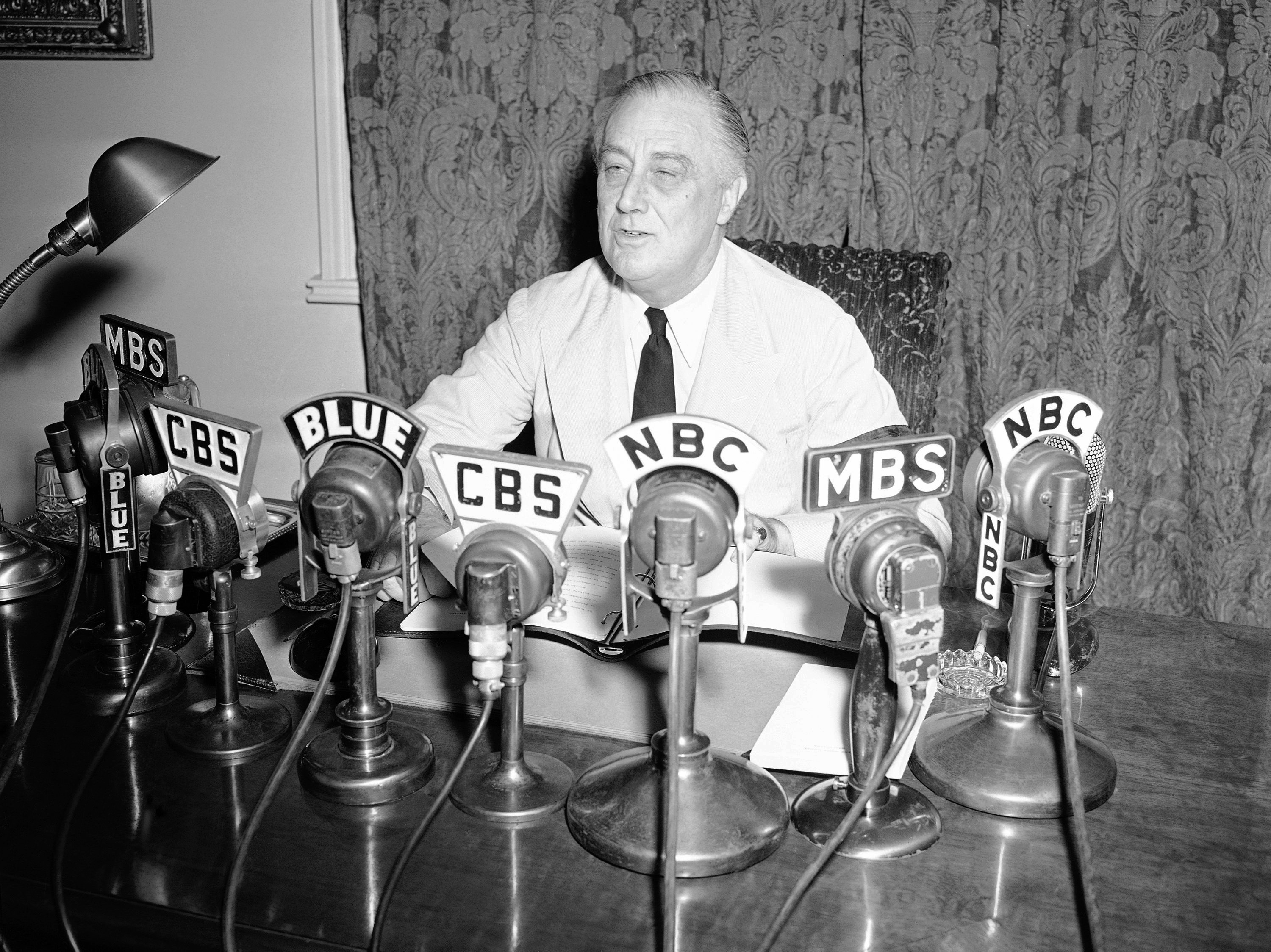Should We Get Rid of Employer – Based Insurance?
< < Go Back
Michael Tanner, senior fellow at the Cato Institute, argues that the United States needs to do away with the employer-provided health insurance model.
Why are employers involved in health insurance in the first place?
– President Franklin Roosevelt imposed wage controls during World War II, which meant that employers could not compete with one another by offering more attractive salaries. To get around this constraint, employers began offering non-wage benefits to attract employees.
– In 1953, the IRS ruled that employer-provided health insurance would not be taxed as wage compensation. As such, employees pay taxes only on their wages, even while receiving thousands of dollars’ worth of health benefits.
Today, 58.4 percent of non-elderly Americans get health insurance through their employers. But Tanner explains why employer-provided insurance creates problems:
– It encourages overconsumption, because it hides the actual costs of care from consumers.
– Losing a job means losing one’s insurance. For those with preexisting conditions, gaining insurance after a job loss can be difficult.
Tanner suggests transitioning into a system of personal, portable insurance that stays with a person no matter their employment situation. How to get rid of our system of employer-provided insurance? By treating health insurance benefits as taxable income. To offset that higher tax, Tanner suggests offering taxpayers a standard tax deduction, a tax credit or a Health Savings Account.
Tanner predicts that employers would begin to offer higher wages instead of health insurance as a result of this policy change. With those higher wages, employees could shop for insurance that best fits their needs — insurance that they could take with them from job to job.
More From NCPA:




